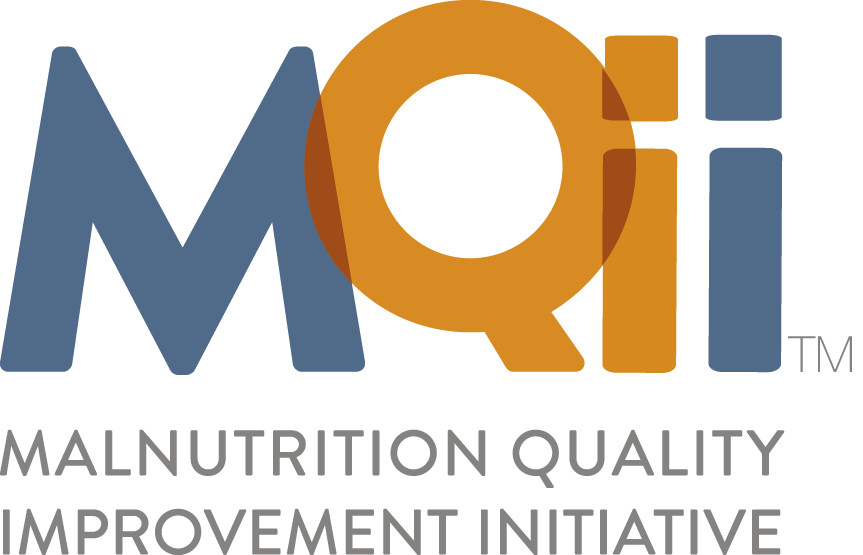Statement on the Importance of Expanding Registered Dietitian Nutritionist Roles in Rural Health Transformation Grant Applications
On September 15, the Centers for Medicare and Medicaid Services (CMS) announced the launch of a new five-year state-based grant program beginning in fiscal year 2026 to improve the quality of healthcare and health outcomes for Americans living in rural communities. The $50 billion in available funding through Rural Health Transformation Grant Program will be awarded to states with successful program applications focused on addressing the program’s strategic goals of making rural America healthy through prevention, innovation, sustainable access to care, use of technology, and rural-focused workforce development. With an application deadline of November 5, the window of opportunity is very short to develop strong, evidence-based, feasible, high-impact proposals.
As states draft their applications to address these strategic imperatives and reduce the health disparities experienced by rural Americans, the Academy of Nutrition and Dietetics and the Malnutrition Quality Improvement Initiative strongly encourage states to recognize and expand the roles of registered dietitian nutritionists (RDNs) within rural healthcare teams.
Chronic diseases such as diabetes, cardiovascular disease, obesity, and hypertension disproportionately affect rural populations. Evidence-based clinical nutrition interventions—delivered by RDNs—are proven to help prevent and manage these conditions effectively. For example, medical nutrition therapy has been shown to reduce HbA1c levels in patients with diabetes, lower blood pressure in hypertensive individuals, and support weight loss and lipid management [1, 2, 3]. These interventions not only improve quality of life but can also reduce hospitalizations and healthcare costs [4].
The burden of chronic disease is particularly concerning in rural communities because of the shifting demographic landscape, with a significantly aging population—according to the U.S. Census Bureau, nearly 20% of rural residents are aged 65 or older, compared to 16% in urban areas. This trend is projected to accelerate over the next decade, which, combined with the higher rates of chronic disease in older adults, is increasing demand for effective chronic disease prevention and management strategies [5, 6].
RDNs are uniquely qualified members of the healthcare team who translate scientific evidence into practical dietary guidance tailored to individual patient needs. Their expertise extends beyond acute care; they play a critical role in primary care settings, long-term care facilities, community health programs, and telehealth services—especially vital for geographically isolated rural communities. Integrating RDs into multidisciplinary teams enhances care coordination, supports patient self-management education, and drives measurable improvements in clinical outcomes.
However, current reimbursement mechanisms present significant barriers to comprehensive nutrition care access for most patients. Medicare coverage for nutrition services is limited primarily to diabetes and renal disease; Medicaid benefits vary widely by state; private insurance often excludes or restricts RD services outside narrow diagnostic categories. As a result, many rural residents cannot access or afford evidence-based nutrition counseling that could help prevent costly complications.
Incorporating expanded RDN roles into state applications for the Rural Health Transformation Grant Program will enable innovative models that leverage RDs full scope of practice—such as embedding RDNs in primary care clinics, deploying them via telehealth, and incorporating RD delivered medical nutrition therapy in food as medicine programs—to address both prevention and management across a spectrum of chronic diseases prevalent among aging rural populations. By doing so, states can advance rural access, improve health outcomes, reduce avoidable healthcare expenditures, and build more resilient rural health systems.
For these reasons, we strongly urge states to prioritize expanded integration of registered dietitian nutritionists as part of their strategy under the Rural Health Transformation Grant Program. We encourage the registered dietitian nutritionist community to reach out to their states’ health teams to share ideas for innovative deployment of nutrition services through the rural health grant program and if aware of current programs involving RDs already operating within the state that may advance the aims of this grant program, reach out to them and make sure they are aware of this opportunity. We also welcome the opportunity to collaborate with states directly on designing effective initiatives. To contact us, please contact govaffairs@eatright.org.
The Academy of Nutrition and Dietetics
The Malnutrition Quality Improvement Initiative
References:
- Centers for Disease Control and Prevention (CDC). (2017). Rural Americans at higher risk of death from five leading causes. https://www.cdc.gov/media/releases/2017/p0112-rural-death-risk.html
- Academy of Nutrition and Dietetics Evidence Analysis Library (2020). Medical Nutrition Therapy Effectiveness Systematic Review. https://www.andeal.org/topic.cfm?cat=4086
- Agee MD, Gates Z, Irwin PM Jr. Effect of Medical Nutrition Therapy for Patients With Type 2 Diabetes in a Low-/No-Cost Clinic: A Propensity Score-Matched Cohort Study. Diabetes Spectr. 2018 Feb;31(1):83-89. https://doi.org/10.2337/ds16-0077
- Academy of Nutrition and Dietetics Position Paper: The Role of Registered Dietitian Nutritionists in Health Promotion and Chronic Disease Prevention. Journal of the Academy of Nutrition and Dietetics, 113(7), 972–979
- U.S. Census Bureau. (2022). Older People Projected to Outnumber Children for First Time in U.S. History. https://www.census.gov/newsroom/press-releases/2018/cb18-41-population-projections.html
- United States Department of Agriculture Economic Research Service (2023). Rural America at a Glance: 2023 Edition. https://www.ers.usda.gov/publications/pub-details/?pubid=107903
PDF of statement: MQii AND Statement on Rural Health Transformation_FINAL
